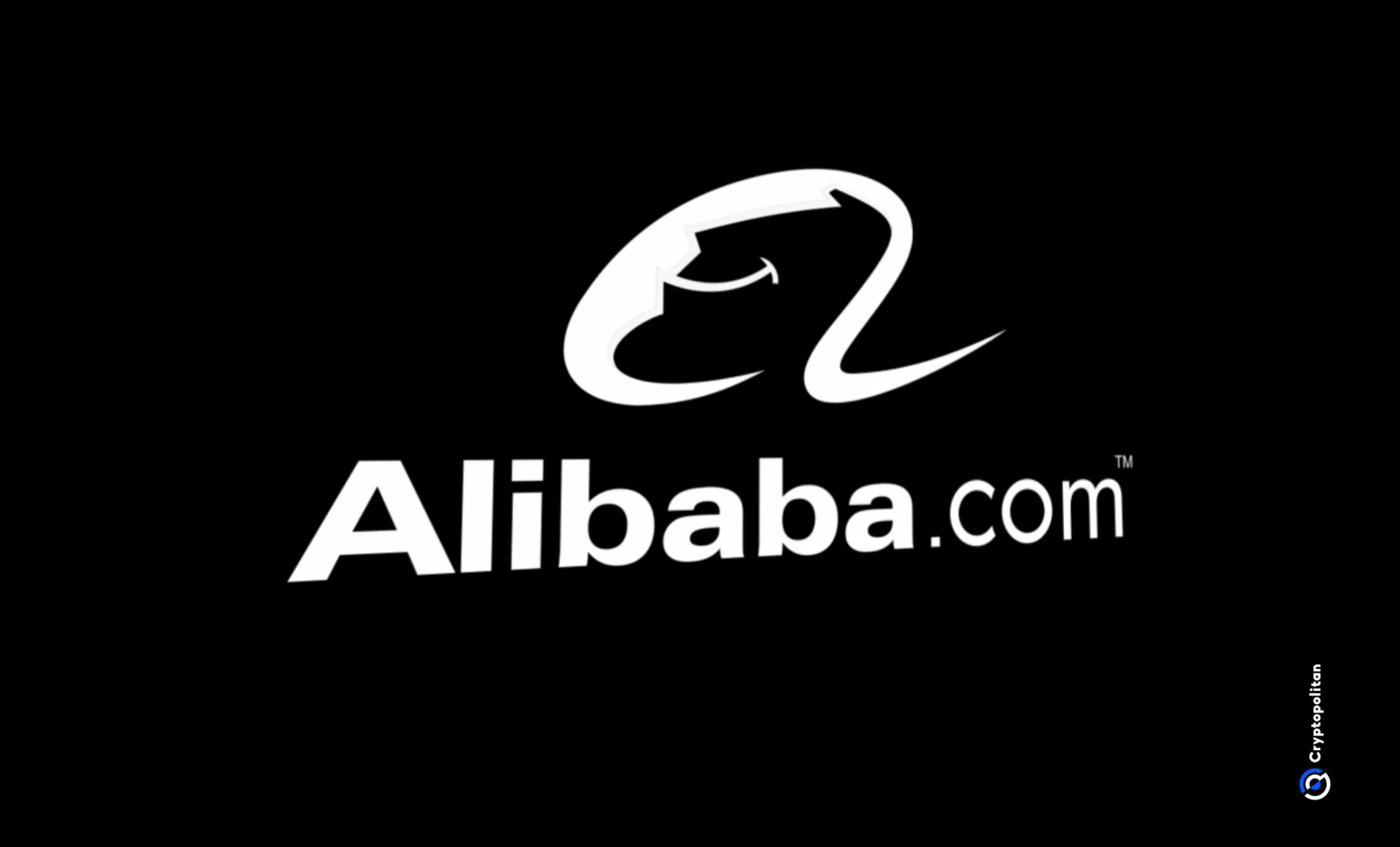
Alibaba has released over 100 open-source AI models designed with advanced capabilities as the Chinese e-commerce giant seeks to be ahead of competition in the AI industry.
Alibaba unveiled the models at its cloud segment’s annual flagship event known as the Aspara, which kicked off Thursday. The tech giant also released an AI-powered text-to-video technology as the company
Alibaba enabled the models with enhanced capabilities
According to a CNBC report, the open-source models are based on Alibaba’s large language model Qwen 2.5, its latest foundational LLM released in May this year. These are designed to be used in diverse areas including gaming, automobile, and science research. This is in addition to enhanced capabilities in math and coding as well as support for over 29 languages, according to the e-commerce giant.
Just like their US counterparts, Chinese tech companies have been investing heavily in AI systems as companies scramble to develop robust products and stay ahead of the competition.
“Alibaba Cloud is investing, with unprecedented intensity, in the research and development of AI technology and the building of its global infrastructure.”
Alibaba CEO Eddie Wu.
In addition to that, Wu emphasized that Alibaba is “rebuilding future-oriented advanced AI infrastructure from chips, servers, networks, storage, to cooling, power supply, and data centers.”
Wu took over the role of CEO in 2023 following a historic reshuffle. The top executive has been trying to reignite the e-commerce giant as it faces tough challenges such as competition from peers in the sector amid depressed consumer spending in China.
According to CNBC, the new AI products may tempt the market in China and outside to shift to its cloud services. Alibaba is one of the biggest cloud computing providers in China.
Analysts give a Buy rating on Alibaba
In addition to the open-source models, Alibaba also showcased a new text-to-video model as part of its Tongyi Wanxiang image generation family. Alibaba therefore joins several other Chinese tech firms that are expanding into this area.
The text-to-video model is based on Alibaba’s models which will allow users to input prompts and create videos.
This also puts the company in direct competition with the likes of OpenAI which has shown keen interest in the text-to-video tech. Last month, ByteDance also launched its text-to-video app known as Jimeng AI on Apples’ App Store for Chinese users.
Meanwhile, Alibaba’s stock shored up gains on Thursday following the announcement. According to KipLinger the Alibaba stock, also identified as BABA was up by over 4%.
Although it had a rough start to the year 2024, Alibaba shares have recently been trending higher rising by over 22% since June with Wall Street bullish on the discretionary Chinese stock.
Analysts at S&P Global Market Intelligence have recommended a Strong Buy on the stock, while financial services firm Jefferies gave a Buy rating on the stock with a target price of $116.
Jefferies analyst Thomas Chong said: “Alibaba has multiple growth drivers in the years ahead, in our view, with its core marketplace a strong cash cow that enjoys secular growth momentum amid consumption upgrade in China, thanks to solid execution and technological strength in digitalizing the retail sector with enhanced efficiencies.”
Chong added the company’s cloud computing has “clear market leadership as the backbone of digital digitalization across different industries.”










